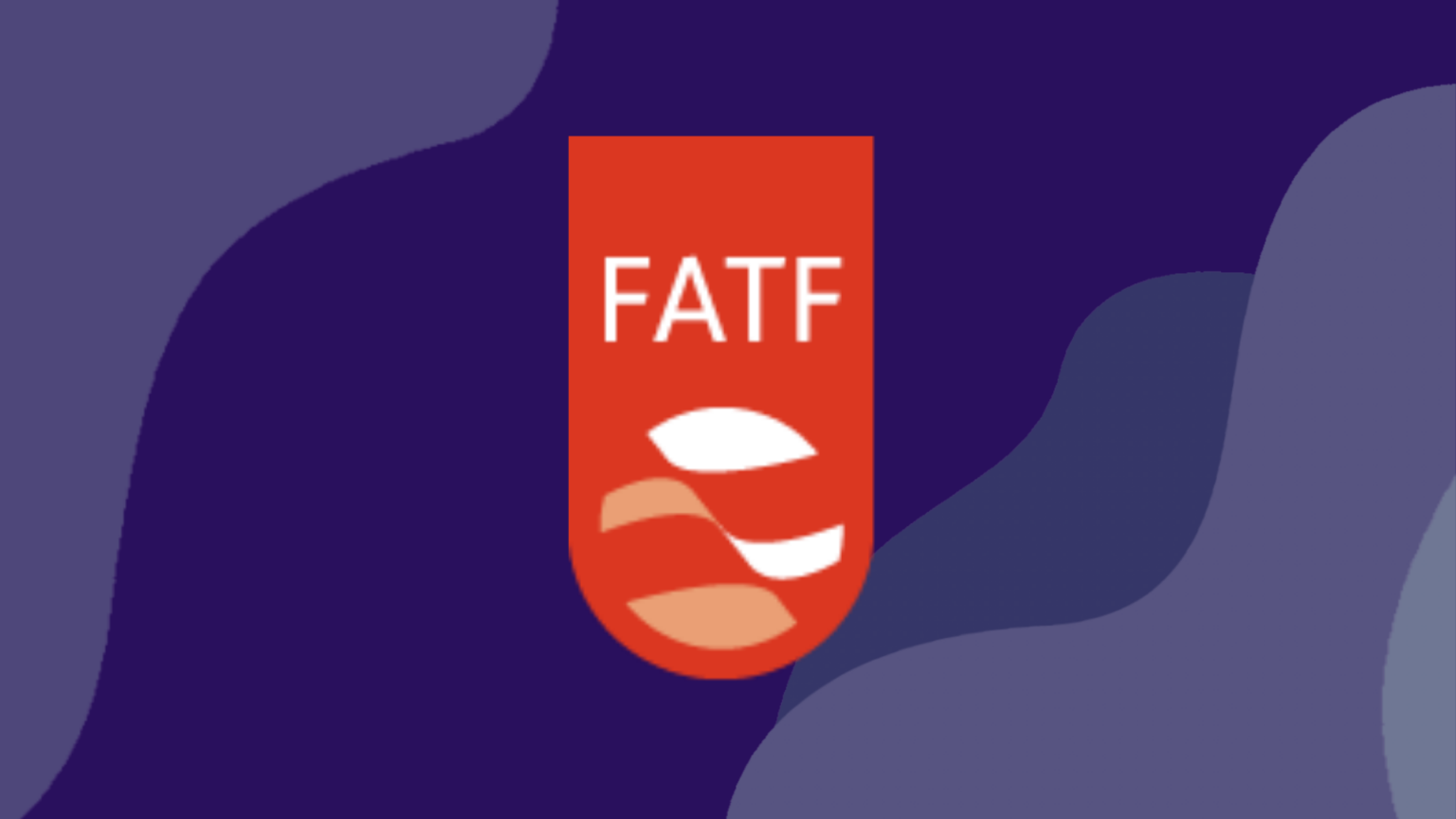Financial Action Task Force said that Pakistan will remain in Grey list of terror financing until the group does not conduct an on-site inspection at the earliest possible date.
“Pakistan’s continued political commitment to combating both terrorist financing and money laundering has led to significant progress,” the statement reads after the end of June plenary on Friday.
FATF said that Pakistan has completed the 2 action plans including 34 points and FATF seeks an on-site visit to verify the implementation and sustainability of measures related to Anti-money laundering and combating the financing of terrorism and the improvement of such political commitment in future.
“Pakistan is not being removed from the grey list today. It will be removed if the onsite visit finds its actions are sustainable,” FATF president Marcus Pleyer said.
However, FATF will monitor the Covid-19 situation in Pakistan to conduct an on-site inspection.
Pakistan has been put under the Grey list since 2018 and after that FATF gave the 28 points action plans to curb the terror financing. Pakistan had completed 27 action point out of 28 by October 2021.
In October plenary, the terror financing watchdog gave Pakistan another 7 action point plan for Anti-money laundering, and the watchdog in the March plenary observed that the country has only completed 32 points out of 34 points action plan.
Pakistan is trying to evade from Grey list as the country’s economy is going through the Sri Lanka way. Pakistan also welcomed German foreign minister Annalena Baerbock this month just before the FATF Plenary session, and the German presidency ends this June and Singapore’s T. Raja Kumar is the next President of FATF, he will assume office from 1 July 2022.
FATF June plenary session began on 14 June under the presidency of Germany in Berlin, which concluded on 17 June.
In the plenary session, FATF evaluate the strategic deficiencies in countries’ frameworks to counter money laundering, terrorist financing, and proliferation financing under the ‘Jurisdictions under Increased Monitoring’, and it is known as the Grey list of countries in common.













